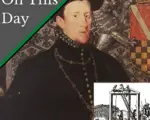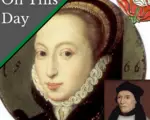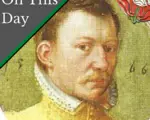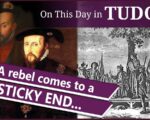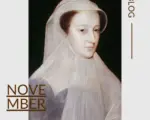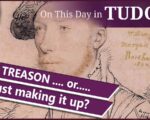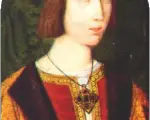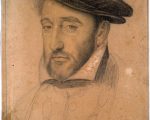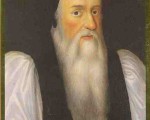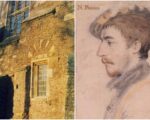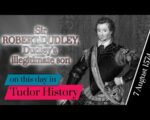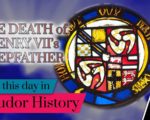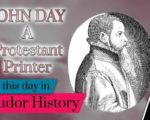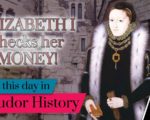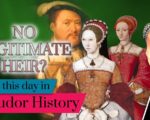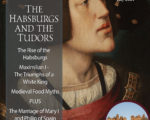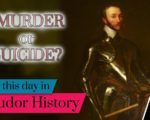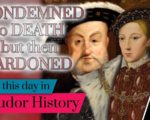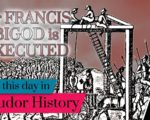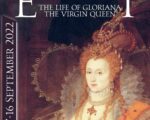
Fancy chatting with other Tudor history lovers weekly about episodes of “becoming Elizabeth”? Well, if you do, you can join us by being part of my latest event.
After the success of my previous two online events, I’m excited to announce my third, and it’s on Queen Elizabeth I, daughter of Anne Boleyn.
“Elizabeth I: The Life of Gloriana, the Virgin Queen” is a completely online event, so you can listen to expert talks and participate in Q&A sessions and chats from the comfort of your own home.
The main talks and Q&A sessions run from 7-16 September 2022, BUT we also have a bonus talk and Q&A session on the death of Amy Dudley (Robsart) in July, AND we have weekly chatroom sessions while the STARZ series “Becoming Elizabeth” is being aired. Out first chat is 17th June! We can dissect and discuss each episode – hurrah!
Let me tell you a bit more about my Elizabeth I event…
[Read More...]
